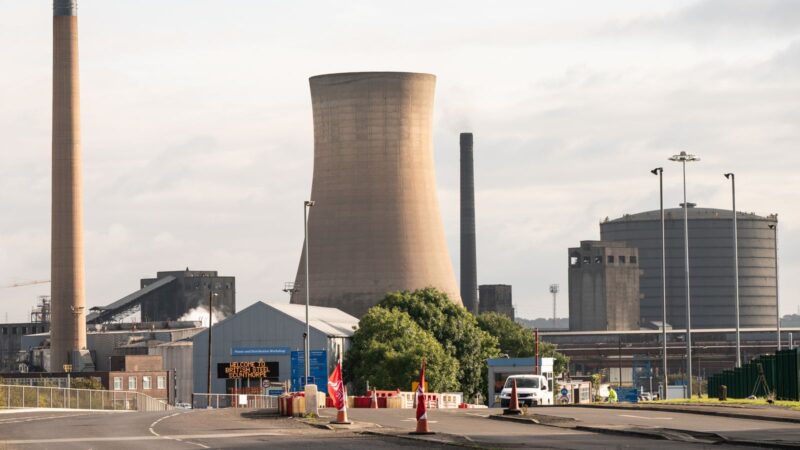British Steel, the UK’s second-largest steelmaker, has announced plans to close its two blast furnaces and steelmaking operations in Scunthorpe, northern England, after failing to secure a rescue package from the UK government. The closure, which could take place as early as June, puts more than 2,000 jobs at risk.
The company’s Chinese owner, Jingye, had sought government support for a major capital investment in two new electric arc furnaces, which would reduce carbon emissions. However, after months of negotiations, no agreement was reached.
Unions had called for government intervention to help safeguard the company’s future, citing the daily losses of around £700,000 (€840,000) British Steel has been incurring. Since taking over British Steel in 2020, Jingye has invested more than £1.2 billion to maintain operations but continues to face significant challenges due to high market conditions, tariffs, and environmental costs related to high-carbon steel production.
“This is a dark day for our steel industry and for our country,” said Roy Rickhuss, general secretary of the Community union. “The closures at Scunthorpe would represent a hammer blow to communities which were built on steel, and where the industry still supports thousands of jobs directly and thousands more through extensive supply chains.”
The company had proposed continuing operations at Scunthorpe’s two existing blast furnaces while constructing two new electric furnaces on site. This plan, however, required an additional £200 million in government support to offset carbon costs during the transition.
Business and Trade Secretary Jonathan Reynolds said the government will “continue working tirelessly” to reach an agreement with Jingye, adding that “there’s a bright future for steelmaking in the UK.”
Once a global leader, the British steel industry employed over 300,000 people at its peak in the postwar period. Today, the industry employs around 40,000 people and contributes just 0.1% to the British economy.




